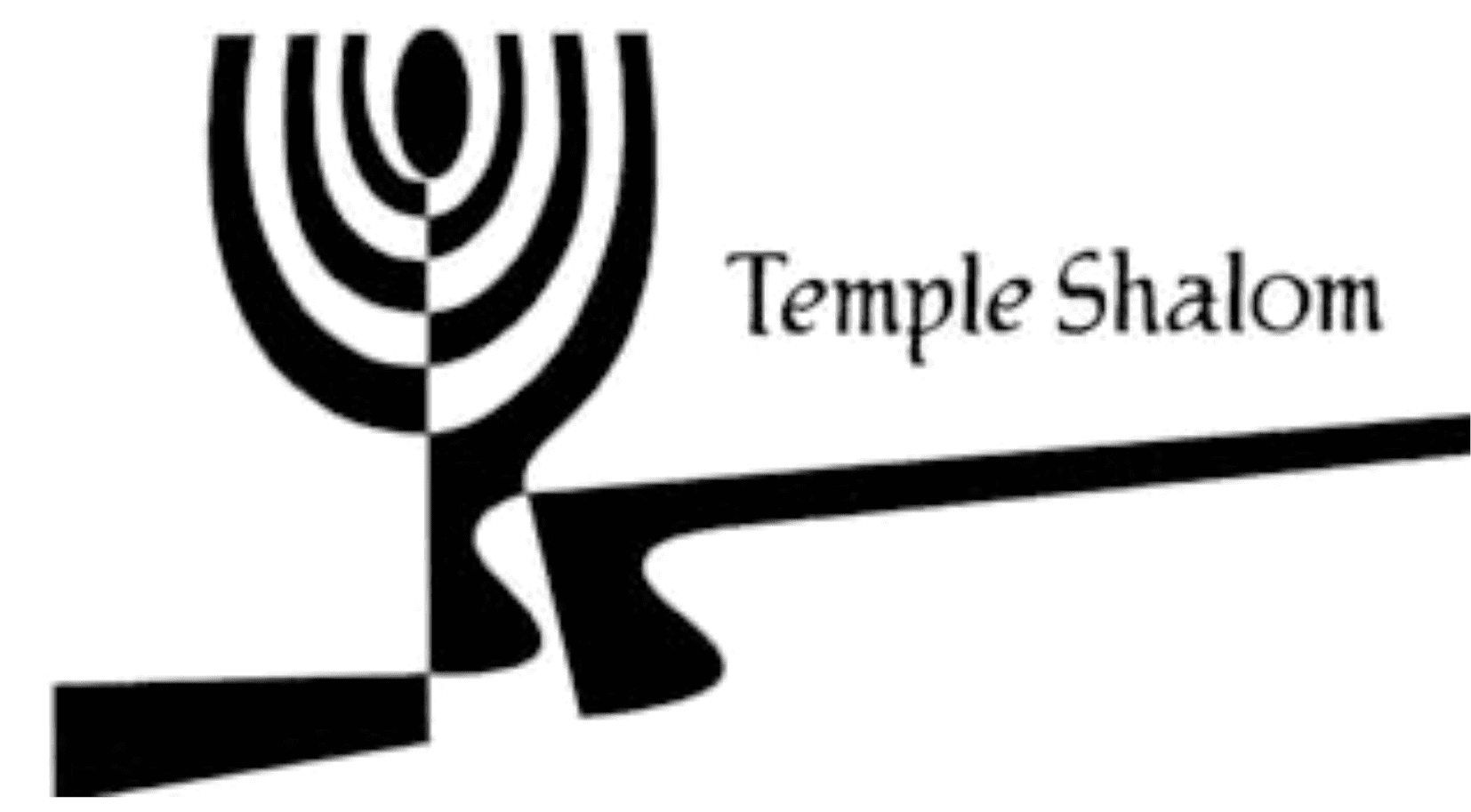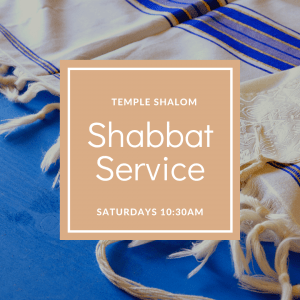I grew up with boisterous seder tables, filled with family, friends, and guests. My siblings’ and cousins’ new partners were always warmly welcomed around our table, regardless of their religious background. Beyond my circle of family, in my own corner of the Jewish community, we had interfaith seders, women’s seders, labour seders, and chocolate seders. In so many ways, the story of Passover and the modality of the seder was a vehicle for expressing our values – both Jewish and universal – and connecting with others to tell our eternal Jewish story, across the lines of race, class, and faith. We use this story, not only to tell what happened in the past, but to explain who we are today and what matters to us. בכל דור ודור חיב אדם לראות את אצמו כאילו הוא יצא ממצרים – B’chol dor vador chayav adam lirot et atzmo k’eilu hu yatza miMitzrayim. This statement, as Rabbi Liz Hirsch says, is the mission statement of the Haggadah. In every generation, each of us is obligated to see ourselves as if we went forth from Egypt. Torah tells us over and over that because we were strangers in Egypt, we know what it’s like to be an outsider. Our ancestral experience in Egypt becomes the foundation of an ethics of empathy, calling us to turn outwards, beyond our own tribal bubble, to share our story, and to hear the stories of others.
Recently, Reverend Hoeun Lee of First United Church in Waterloo invited our community to participate in his congregation’s intercultural lunch and learn series. This invitation is grounded in a deep desire to know their neighbours, to reach beyond their own walls across the lines of faith and to hear stories different from their own. As those of you in our community who have been deeply engaged in interfaith work through Interfaith Grand River and other efforts know, this work is rarely easy. Real interfaith dialogue requires sitting with our differences, noticing our own tender spots, what makes us uncomfortable, what causes ancient tendrils of fear and anxiety to prickle in our guts. It is only through sitting with this discomfort that we are able to build real relationships. Some have raised the important point that the United Church denominationally has made problematic statements vis a vis Israel. A national organization’s statement is not cause for refraining from engaging on a local level, with a community and clergy that have reached out and opened the door for relationship. It is only through relationships – one person at a time – that we have any chance of building a better world and community, a world where all can be seen fully. Political litmus tests do us no favours.This is a moment to dig into multifaith, multiracial conversations, not put up walls between our community and the rest of the world. Even when it’s hard and uncomfortable, this work is essential to bringing about the world as it could be.
I hope you’ll join me on Sunday, April 27, at First United in Waterloo. I’ll be the guest preacher in the morning worship service, after which we’ll share lunch together (sign up for the potluck below!), and engage in some shared learning about the meaning of Jewish sacred text. If you have any questions about how to get involved or why we’re doing this work as a community, please don’t hesitate to reach out directly to me.
Wishing you all a Pesach of liberation, of telling powerful stories, and sharing delicious food.

